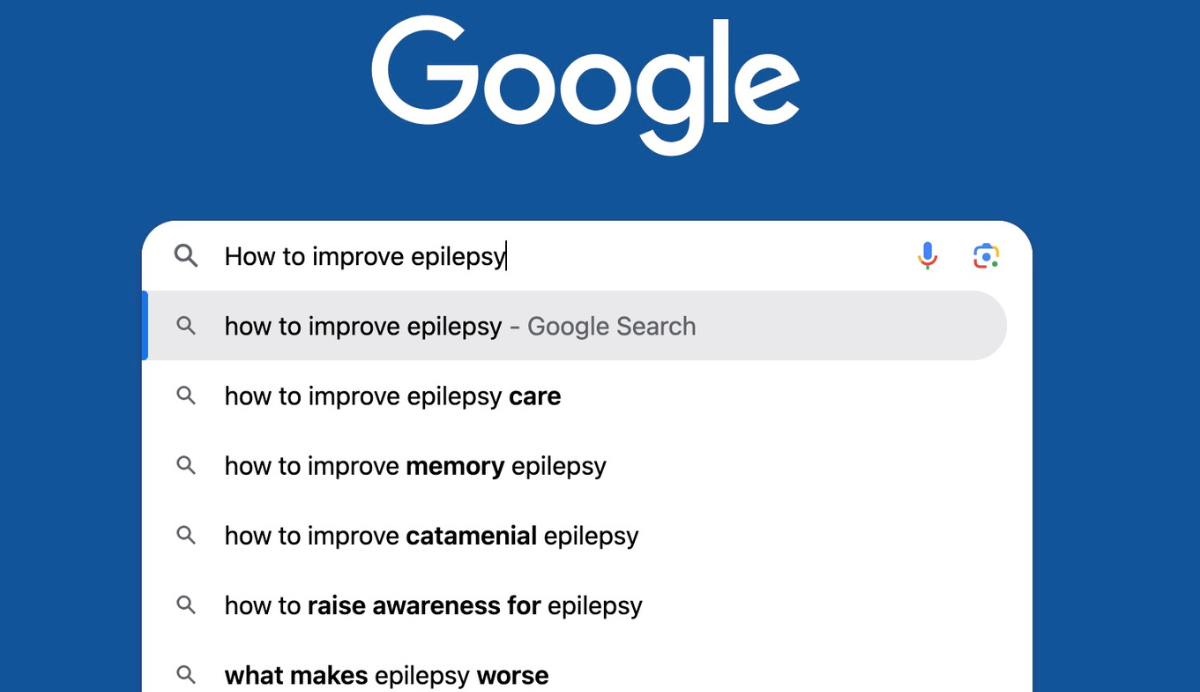“I had visited my UK GP but was told it was just anxiety. I left the appointment feeling incredibly disheartened, like I hadn’t been taken seriously or listened to. Despite my own research, this appointment made me second guess if it was actually epilepsy. I felt like I was back at square one.
“I continued having these episodes for the next six years but since I was travelling a lot, I didn't get around to seeing anyone about it. I finally saw a GP in Australia when I was 25 and she immediately agreed my episodes sounded like epilepsy. Soon after I was referred to a neurologist (Dr Andrew Neal), who diagnosed me with temporal lobe epilepsy.
“I would say the most difficult part of this journey has been feeling like I'm not being taken seriously; by doctors and sometimes friends, who often say things like ‘oh that sounds like anxiety attacks, I get those all the time.’”
Lauren learnt about the AEP during the first appointment with her neurologist.“I believe the AEP’s subsidised advanced testing (MRI, neuropsychology and genetics) can assist with determining or eliminating potential causes of my epilepsy.”
“I found the testing really interesting. The staff were great at explaining what will happen during the test and what they are looking for.
“I feel that the AEP has provided me with a lot of knowledge about what has or hasn't caused my epilepsy.
“It has also provided me a sense of relief, as certain scans have ruled out any potentially long term or serious causes.”
What would you say to encourage others to participate in the Australian Epilepsy Project?
“I'd say you’ll only benefit from signing up. Not only is it cool to know you are potentially helping other people living with epilepsy, but it's also important to know more about your own diagnosis, so you can better handle it and be as safe and healthy as possible.”

Ask an Epilepsy Expert: What can I do to help my condition?

Ask an Epilepsy Expert: How is epilepsy diagnosed?


